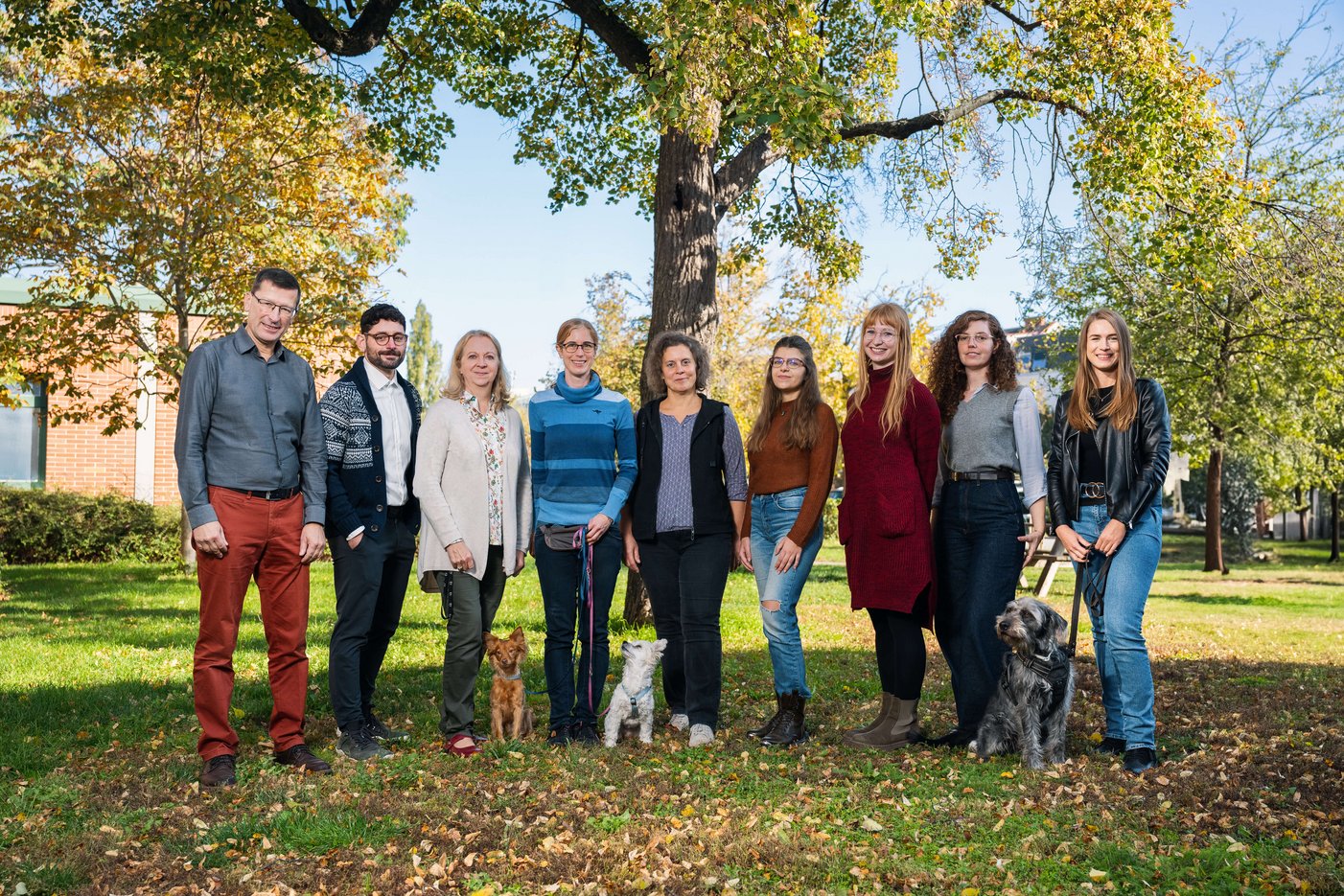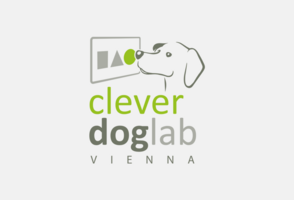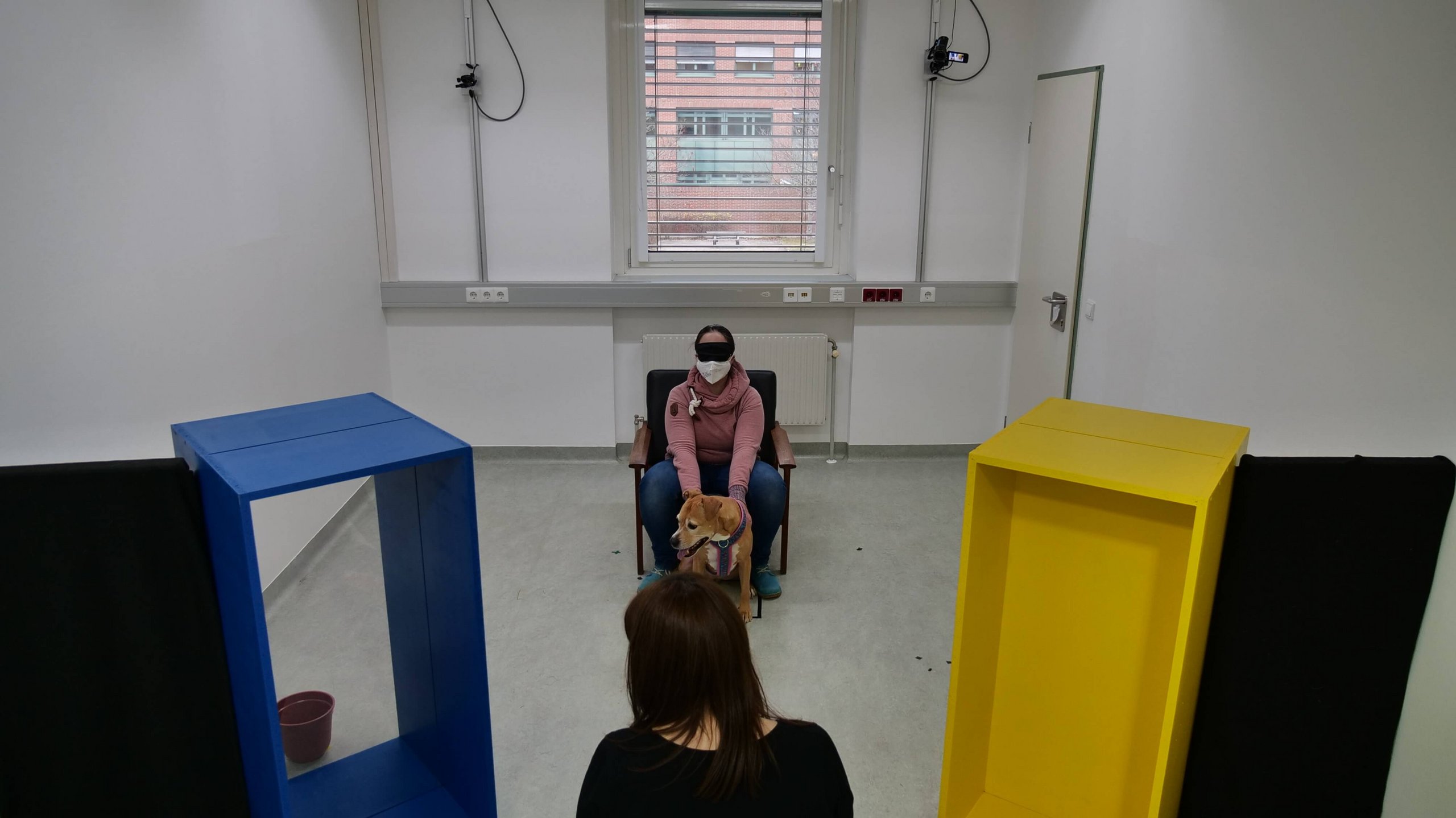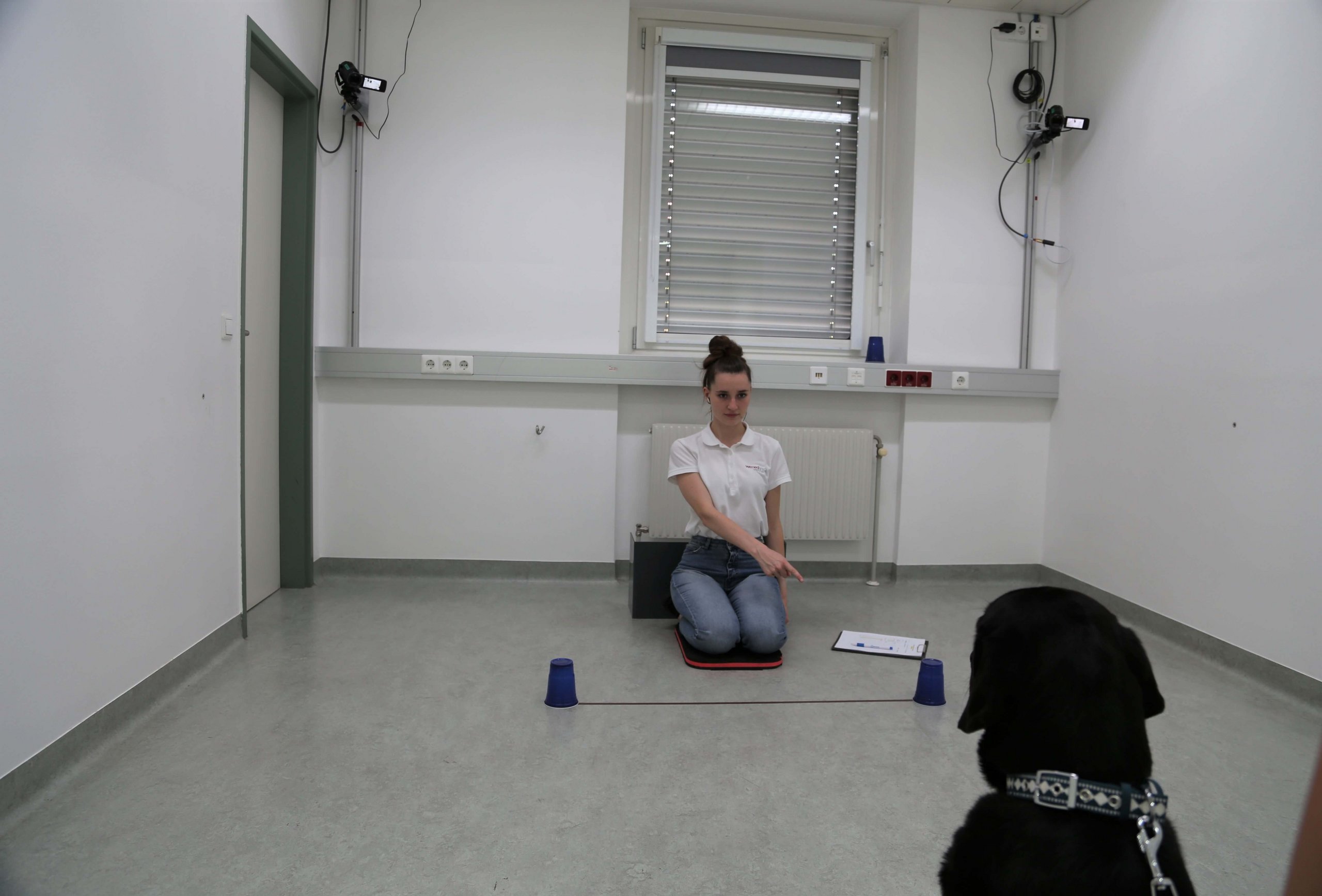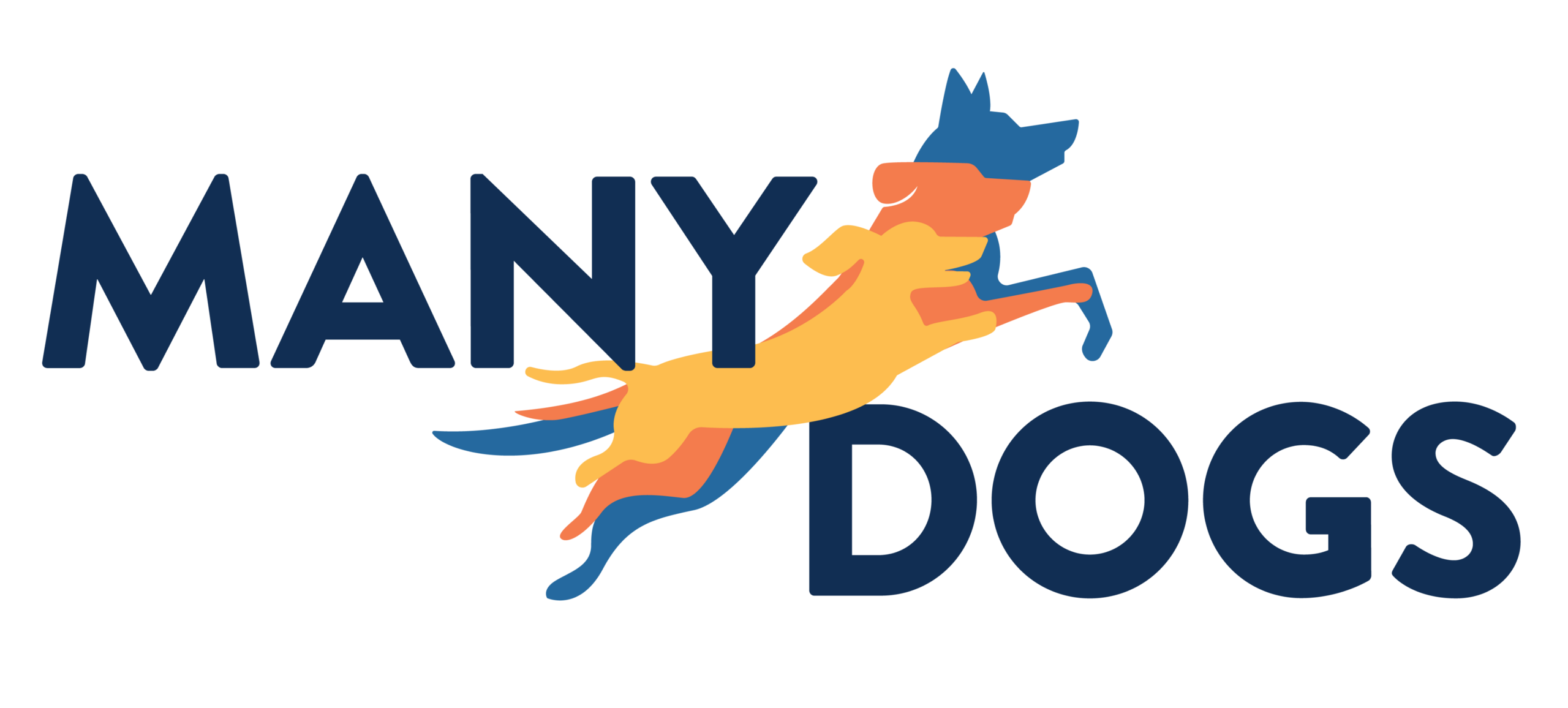- Cognition /
- Clever Dog Lab
Highlights
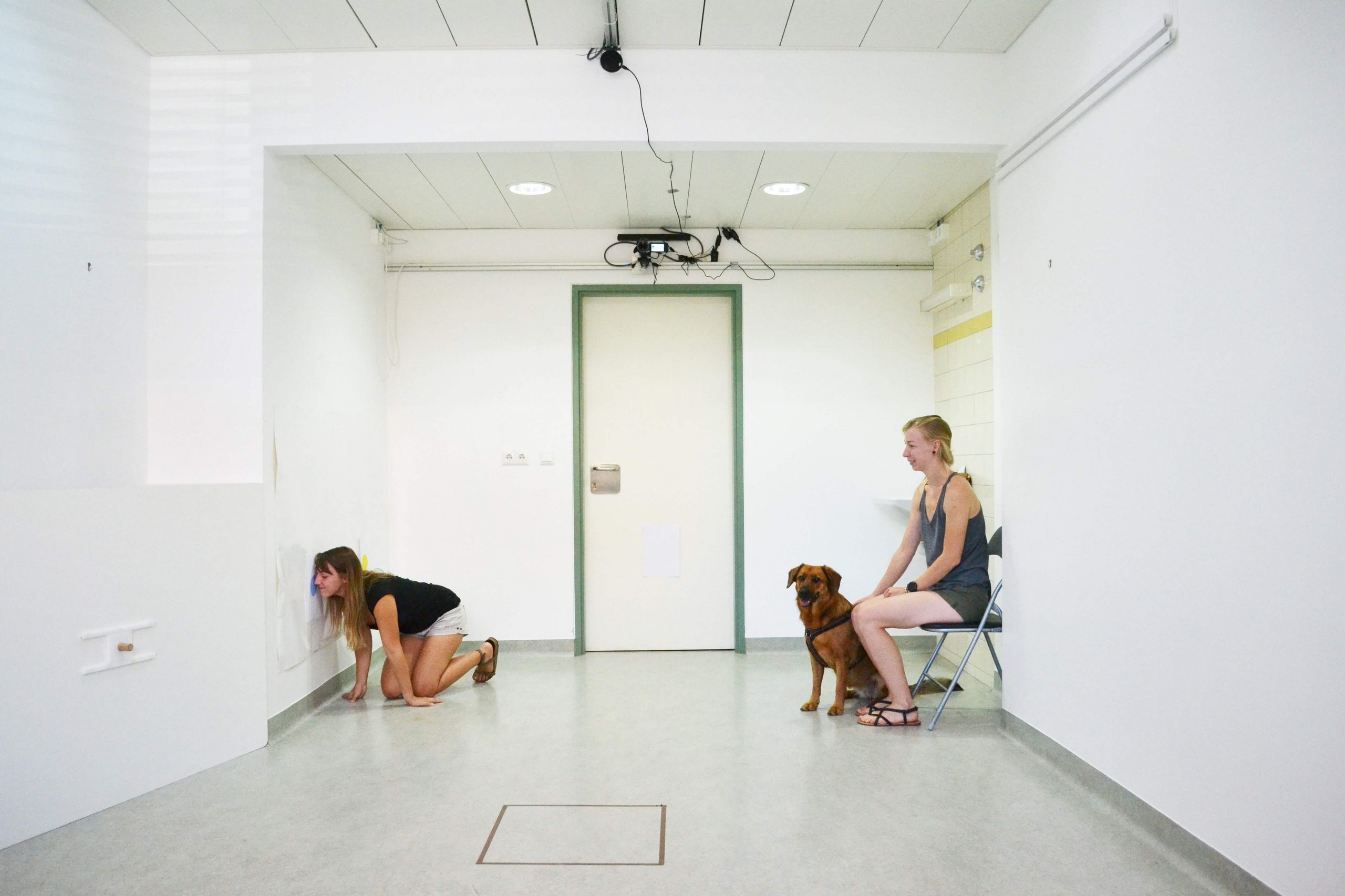
Humans often replicate demonstrator actions meticulously, even when more efficient alternatives exist. This intriguing phenomenon, known as "overimitation," was long believed to be a uniquely human trait. However, a stark departure from great apes, who abstain from copying causally irrelevant action elements, is observed in dogs—a revelation consistently unearthed through studies conducted at the renowned Clever Dog Lab in Vienna. For instance, dogs observed their caregivers engaging in seemingly non-essential actions, such as touching two colored paper sheets on the wall before opening a sliding door to access a food chamber. Astonishingly, despite the evident lack of causal relevance, half of the dogs replicated this action with their noses (Huber et al., 2018). Subsequent studies validated this phenomenon, revealing a diminished replication inclination when the demonstrator was an unfamiliar experimenter (Huber et al., 2020). It seemed that the unique bond between the human demonstrator and the dog played a pivotal role, with a facilitating effect on overimitation (Huber et al., 2022). Experimental manipulation of attachment-based motivations through priming further underscored the influence of this special relationship (Mackie & Huber, 2023). A new project funded by the Austrian Science Fund (FWF) aims to further test the hypothesis that the human-like overimitation observed in dogs doesn't stem from cognitive deficits but is intricately tied to the unique dog-human relationship.
Huber, L., N. Popovová, S. Riener, K. Salobir, and G. Cimarelli (2018) Would dogs copy irrelevant actions from their human caregiver? Learning and Behavior, 46(4): p. 387-397.
Huber, L., D. Kubala, and G. Cimarelli (2020) Overimitation in Dogs: Is There a Link to the Quality of the Relationship with the Caregiver? Animals, 12(326).
Huber, L., K. Salobir, R. Mundry, and G. Cimarelli (2020) Selective overimitation in dogs. Learning and Behavior, 48(1): p. 113-123.
Mackie, L. and L. Huber (2023) Socially priming dogs in an overimitation task. Frontiers in Psychology, 14.
Unwilling or unable? Dogs see the difference.
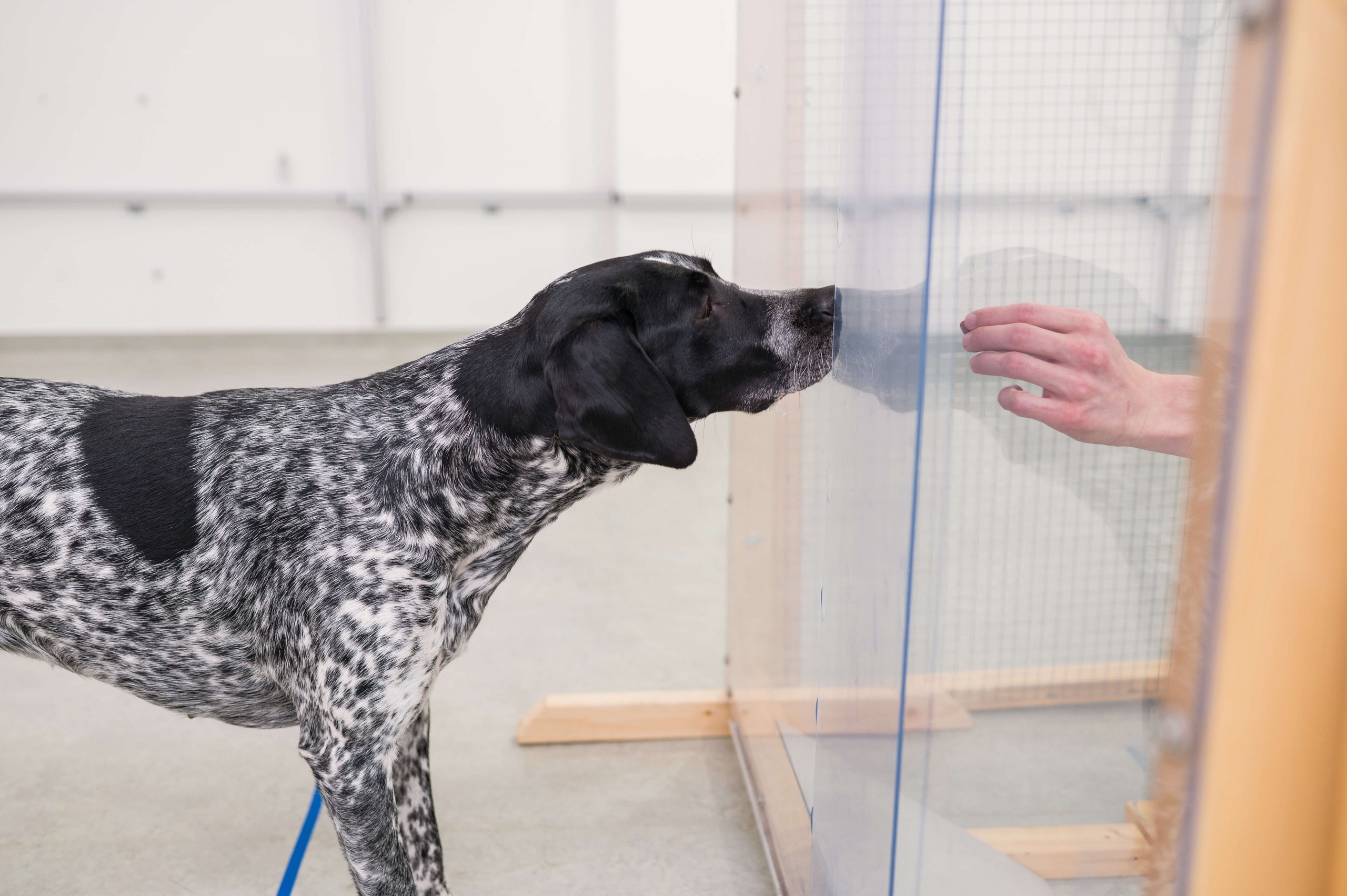
For a long time, behavioural researchers have been asking whether dogs can read human thoughts. Previous research has not yielded any clear results. The Clever Dog Lab of the Messerli Research Institute of the University of Veterinary Medicine Vienna has now taken a new approach. The researchers chose an experiment that is normally used for human babies, examined the dogs' behaviour with 3D tracking - and found out that the four-legged friends can distinguish human intentions.
Are dogs sensitive to human mental states?
![[Translate to English:] CDL_false_belief A dog sits in front of the dog owner and sees a person giving a treat into a container, a second person watches.](/fileadmin/v/cognition/Relaunch2021/Clever_Dog_Lab/Lucrezia_Lonardo_Vetmeduni_Vienna_set_up2.jpg)
A new CDL study provides new insights on dogs’ perspective-taking abilities. In the study published in the journal Proceedings of the Royal Society B (Lonardo et al. 2021) dogs reacted differently in response to human informants holding true and false beliefs about the location of a treat. This finding, along with our previous research, raises the intriguing possibility that dogs share our ability to represent others’ minds (perspective taking, Theory of Mind).
What do dogs feel when their caregiver shows affection to other dogs?
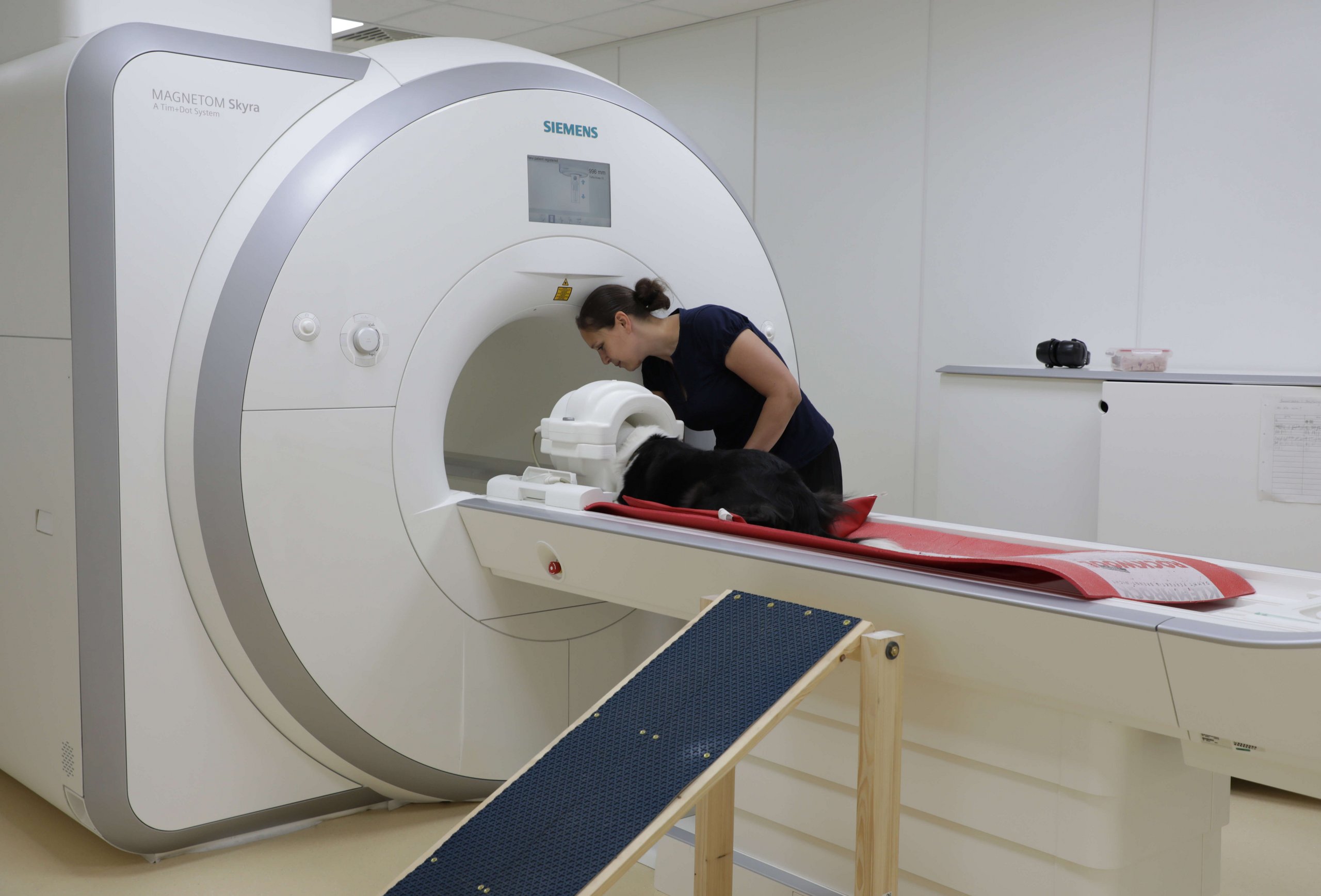
Dogs excel at reading the body language, behaviour and communicative signals of humans. But how do they interpret their caregivers’ behaviour towards others, particularly towards other dogs? A recent CDL study in collaboration with the SCAN Unit of the University of Vienna used functional magnetic resonance imaging to show for the first time what goes on in the dogs’ brain when they watched their caregiver greeting another dog (Karl et al. 2021 Cerebral Cortex Communications). The study was conducted at the co-founded Comparative Canine Neuroimaging Unit.
ManyDogs, a new international research collaboration, officially launched
In the ManyDogs initiative, we work together with canine cognition researchers from all around the world with the aim to foster collaboration and open science practices and to draw more robust conclusions about dogs’ cognitive abilities, including their variability across individuals and breeds. We are currently running our first study, ManyDogs 1 (Espinosa et al. 2021 PsyArXiv), on dog-human social communication. The aim is to take a closer look at the long-debated question of whether dogs understand pointing as an informative gesture, as an imperative command, or as a simple associative cue?
